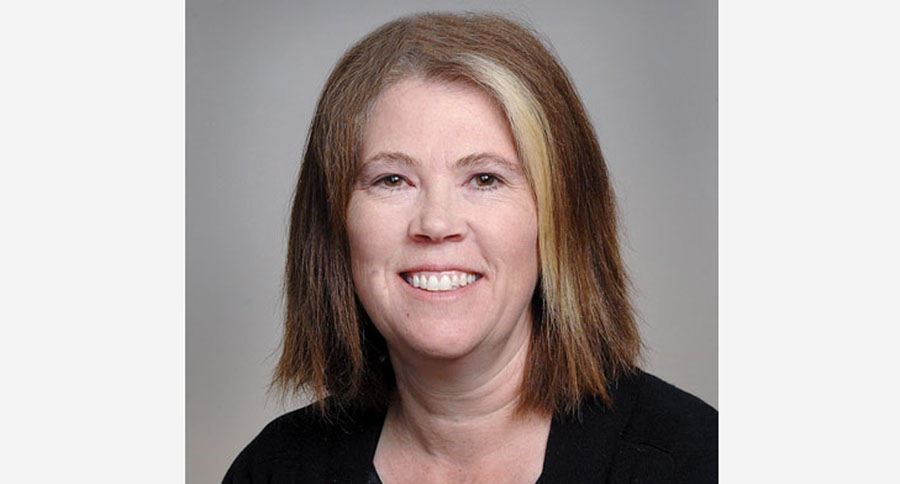In October of last year, I wrote a column about the result of the Canadian federal election. I argued then that the Liberals were advantaged by the length of the election. I know that Americans would probably think it hilarious that I am calling a 78-day election long but, since the 1980s, Canadian elections have only run between 57 and 36 days.
In the U.S. it seems that the election process is never ending. I've been writing about the primaries since last year! Anyway, my point was that the federal election in 2015 was long and it gave time for the key election issues to change mid-campaign. The Conservatives central campaign issue was staying the course on the economy. They argued that both the NDP and the Liberals would spend and that Canadian economy would be at risk under the leadership of either Mulcair or Trudeau. I think that if the election campaign had been only 36 days, the Conservatives might have succeeded in making the economy the key, and perhaps the only message of the campaign but about halfway through the message became old.
There were only so many times that Stephen Harper could talk about the economy and so the Conservatives switched their message. Security became their key message and that message too may have held up in a short election but the security message was tempered quickly by the Syrian refugee crisis. Many Canadians started to ask about our national character and wondered what the country had become or was becoming. In that moment, the campaign shifted to a question of values: "Who are we and how do we see our place in the world?" It was then, I argue, that the Conservatives lost the election. Canadians, it seems, decided that they prefer the kinder, gentler image of the country as tolerant, diverse and welcoming.
Now in the midst of what will be a 102-day presidential campaign it is likely that we are going to see a values election. The fact is that there is very wide gap between the ideas of what America is and what it will become.
The Republican convention provided a view of a potential America. Mike Pence's speech is a good example. He framed his speech around the restoration of law and order, the rebuilding of the economy and the end of the establishment. He suggested that liberal ideas reflect political correctness. He harkened back to Reagan and invoked the quote that Americans are tired of a: "little intellectual elite in a far distant capital [thinking they] can plan our lives for us [better] than we can plan them for ourselves." He focused on the concern that the "establishment" has failed America.
On the question of diversity Pence said this: "It's African Americans, who remember generations of hollow promises about safe streets and better schools, and they know Donald Trump will fight for equal opportunity. And he loves educational choice. And it's Hispanic Americans, who respect the law, want jobs and opportunities for their families, who know that Donald Trump will uphold the law and get this economy moving for every American...."
It should not go unnoticed that Pence noted that African Americans who care about "safe streets and better schools" and Latinos who "respect the law" can be a part of the Republican Party's vision for America. His argument that Trump will "uphold the law" suggests that the system is fine the way it is and there are no systemic problems that need to be fixed.
In terms of the Democratic Convention, Bernie Sanders did his job of attempting to unite the party but his supporters have a different view of America. Curiously they also focus on law and order and the economy but from a very different perspective. The distrust of authority and the breakdown of the relationship between police forces and communities is a central issue. The call is not to restore law and order but to reconstitute it in a way deals with issues of systemic racism. And on the economy, the view is that the state has a role to play in closing the income gap and dealing with income inequality. Hilary Clinton has a great deal to do in order to bring those progressive voters to her cause.
There are still many months of campaigning and it seems that the debate will be about America's national character. It remains to be seen what vision they will choose.



